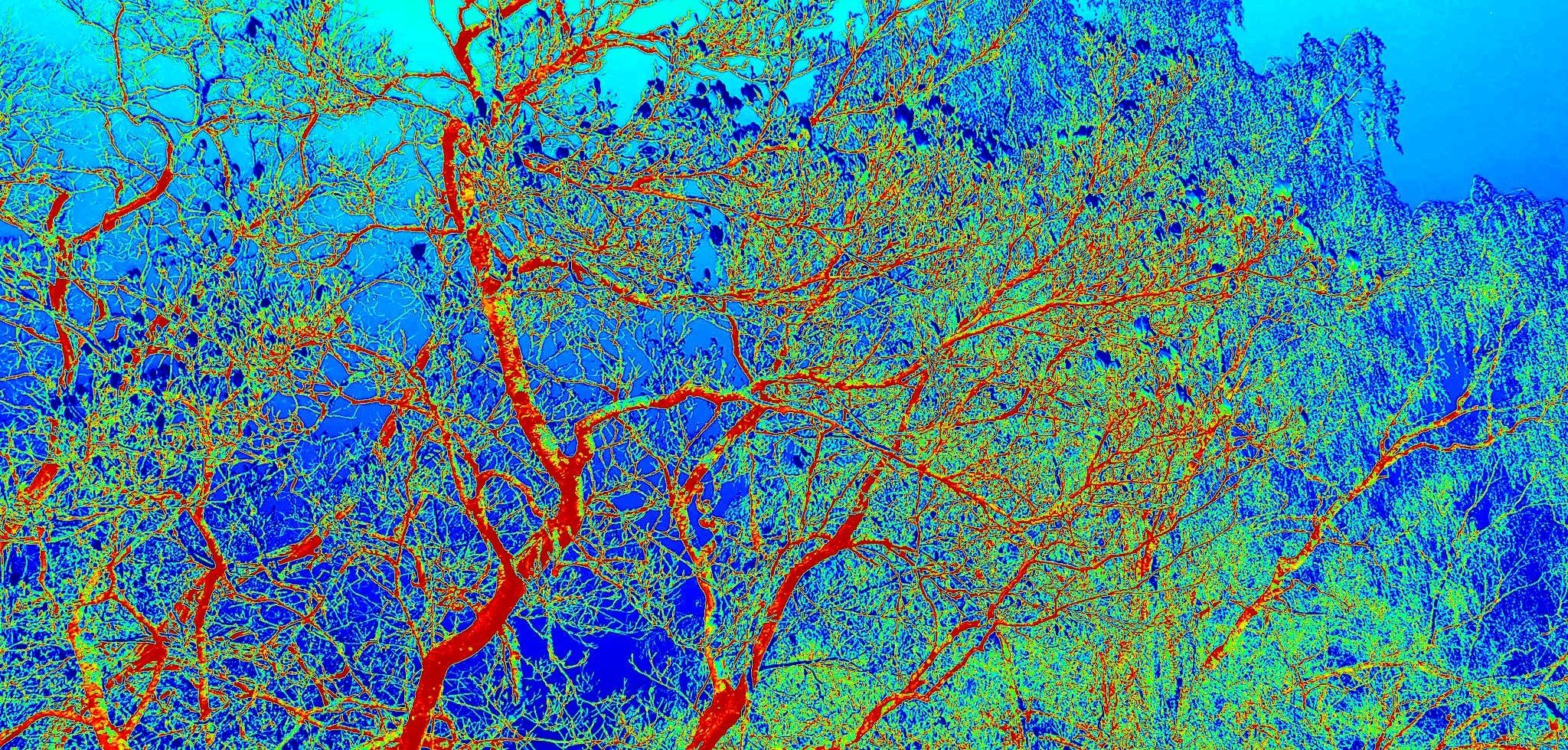-
Apply for Summer School: The Intersectional Posthumanities w/ Rosi Braidotti (Utrecht)
As longstanding collaborators of Rosi Braidotti’s Posthuman Summer School, we have with The Posthumanities Hub the pleasure to advertise this summer’s upcoming version of “The […]
-

CALL FOR APPLICATIONS: Gender and Sustainability – Introducing Feminist Environmental Humanities PhD course (FAD3115)
This electable course in the doctoral program, Art, Technology and Design (7,5 credits) is an educational effort, supported by the KTH Equality Office for the […]
-

InterGender PhD course “Researching Differently: Transdisciplinary challenges and postconventional methodologies in feminist inquiry”
Here comes an announcement from InterGender – International Consortium for Interdisciplinary Feminist Research Training: InterGender – International Consortium for Interdisciplinary Feminist ResearchTraining For this course […]